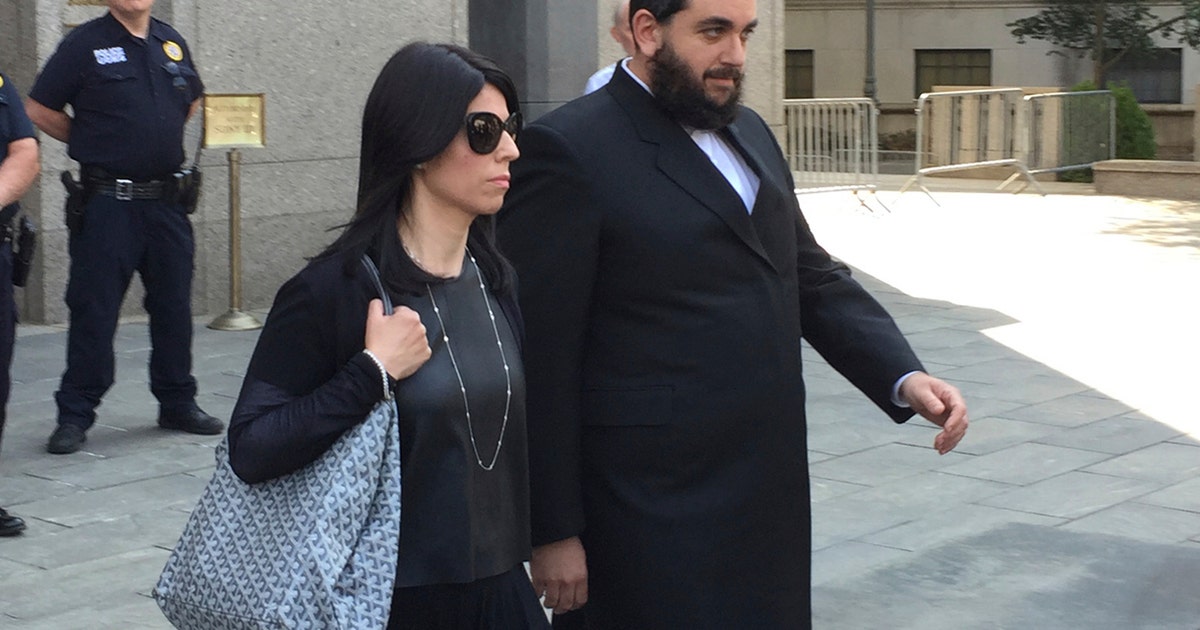Businessman gets 4 years in prison for NYPD corruption scam


NEW YORK (AP) — A businessman described by prosecutors as the “gravitational center” of a conspiracy to bribe New York police officers in one of the worst scandals to hit the department in recent decades was sentenced to four years in prison Monday.
Jeremy Reichberg, 45, was also fined $50,000 for a nearly decadelong effort in which he and another businessman persuaded police officials and others to respond to their needs, whether it was deploying cars, boats and helicopters for their benefit or providing gun licenses expeditiously.
“The instruments of government became tools for their own advancement,” U.S. District Judge Gregory H. Woods said before telling Reichberg to report to prison in mid-August.
The judge said Reichberg was the “idea man” who relied heavily on businessman Jona Rechnitz’s deep pockets to bribe over a half-dozen police officers and officials with money and gifts worth tens of thousands of dollars.
Testimony about the pair’s fundraising for Mayor Bill de Blasio cast a negative light on the Democrat, though he was not accused of wrongdoing.
A February 2013 private jet trip for two police officers to a Super Bowl watch party in Las Vegas became a focus of the two-month trial when a prostitute testified that she was brought along to provide her services.
Other trips described at trial included a private jet excursion for two officers and a retired police inspector to the 2013 BCS Championship Game in Florida and a 2014 baseball trip to Chicago’s Wrigley Field for a police deputy chief and his family and friends.
Before he was sentenced, a sobbing Reichberg said he was drawn in by the “glitz and glamour” of a life he didn’t know when he grew up in Brooklyn.
“I allowed myself to become part of that lifestyle,” he said.
In court papers, prosecutors noted that then-NYPD Commissioner Bill Bratton said after Reichberg’s arrest that the scandal was “historically bad,” and possibly had the widest impact since the 1960s and 1970s scandal that inspired the movie “Serpico,” about a famous police whistleblower, Frank Serpico.
“Jeremy Reichberg was the gravitational center of the conspiracy. He recruited officers and controlled the details of what they would do and what they would receive,” prosecutors wrote.
Assistant U.S. Attorney Martin Bell told Woods that the crime was comparable to corruption that has recently led to the downfall of numerous New York state politicians.
He said the NYPD was “an extension of our values” and any effort to corrupt officers or police officials was a threat to the city’s lifeline.
Reichberg’s lawyer, Susan Necheles, requested leniency for her client, citing his many charitable acts and saying the value of government benefits Reichberg improperly received was between $6,500 and $15,000.
A former NYPD deputy inspector was exonerated in January by the same jury that convicted Reichberg on conspiracy, honest service fraud and obstructing justice charges while exonerating him on other counts.
Rechnitz is awaiting sentencing after pleading guilty to charges and cooperating.







